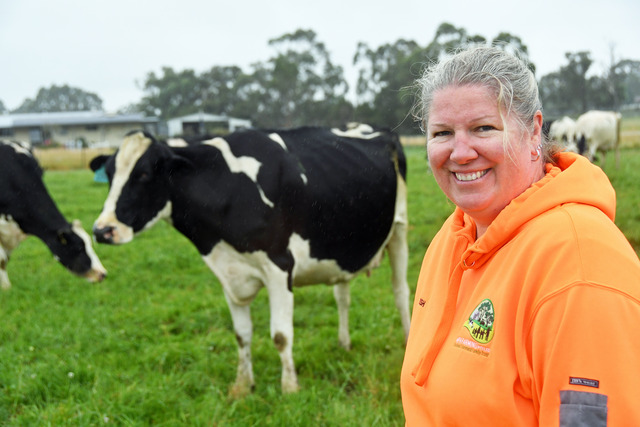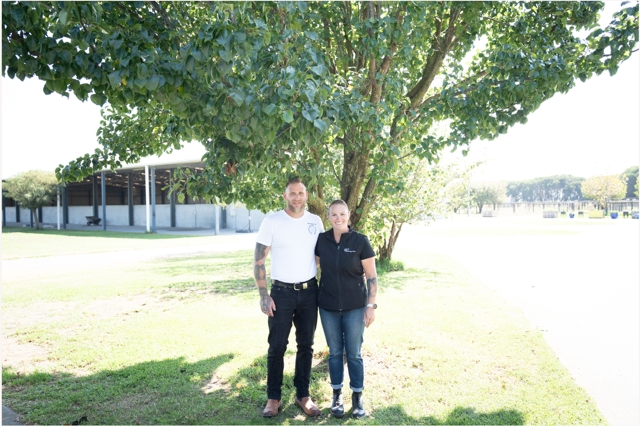By BRIDGET SCOTT
REALITY TV may be to blame for the increase in residential fires throughout the City of Casey.
The release of recent statistics found that for the first half of this year, the City of Casey has had the highest rate of preventable, residential fires across the state for the CFA area – most of which originate from the kitchen.
Operations Manager for the Southern Metropolitan region Trevor Owen said the rates are higher across the board, and believes this could be due to an increase in reality cooking shows on television.
“Cooking shows are influencing people to stay home and do more of their own cooking,” he said.
Since the beginning of this year, the City of Casey has had 83 house fires which have cost the city an estimated $2,831,900.
The municipality with the closest number of residential fires to the City of Casey was Greater Geelong with 68.
For June alone, the City of Casey has had 10 house fires which have caused an estimated loss of $227,300.
The top cause for the house fires across the state is cooking-related fires.
While Mr Owen listed cooking shows as one possible cause for the increase, he also mentioned resident’s financial status may also play a part.
“Financial situations have led people to stay at home,” he said.
“It is the outcome of people staying at home more than perhaps they have been in the past.”
Mr Owen said for the City of Casey in particular, it is one of the fastest growing cities in terms of residential development and its residents are choosing to stay indoors more.
“I think it is the fact that there is an increasing population and more people are staying at home,” he said.
Mr Owen said that people are the main cause of most fires within the home, and issued a warning to those who are in and around the kitchen.
“People are often the creators of fire in the homes,” he said.
“It is fairly rare that it is the fault of the equipment.”
Mr Owen said there are a number of measures people can take to remain safe while cooking.
“People need to be very vigilant – particularly when using things like oil and other flammable items,” said Mr Owen.
“They should have a fire blanket in close proximity in the kitchen, and a 1.5 kilogram chemical powder extinguisher.”
The Operations Manager said what was also worrying was the reality that some residents’ fire alarms are inactive.
“We are finding that right across the board we are getting calls where smoke alarms are faulty and not working,” he said.
Mr Owen said the main focus should be that people are aware and take precautions.
“Be mindful that we are in the winter months and when people are indoors there are more chances things will go wrong,” he said.
















